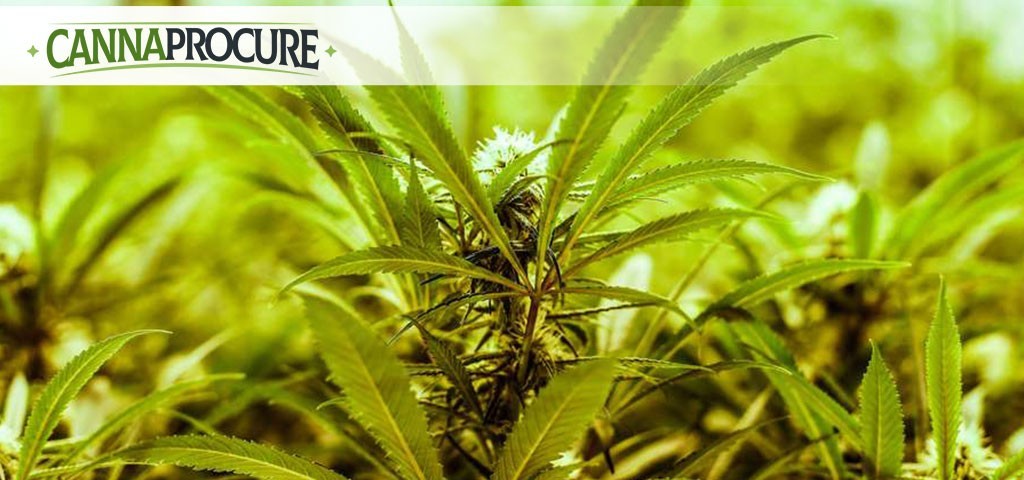With more states legalizing cannabis for medical and recreational use, regulation has become a prevalent topic throughout the industry. The markets for virtually all types of marijuana use (except for industrial hemp) have been rapidly growing at the state levels without any federal oversight. One significant result is the inconsistencies from state to state between testing requirements and the licensing of third-party independent labs.
While some states have done better than others, it's not an easy process. It typically involves adjusting to yearly legislative changes, among other issues. Third-party independent testing labs seem like the logical answer to ensure the safety of cannabis products.
States do require accreditation; however, they vary considerably. The lack of a single standard for testing and certification across the United States is a significant issue that needs to be addressed for the industry to move forward in the right direction.
For example, the pesticides required for screening vary from none to over 66, depending on the state. Screening for microbial contaminants varies from a simple presence/absence test for two human pathogens, while other states could require extensive testing across several categories. Some states adhere to the American
Herbal Pharmacopeia heavy metal limits for herbs, while others use the more appropriate U.S. Pharmacopeia inhalation limits. These are just some examples of the many state variances in the cannabis industry.
Fraud in laboratory testing facilities is rampant in the clinical setting, and cannabis testing labs are no different. Even when reputable labs do cannabis testing, it's not uncommon for fraud. It is commonly fueled by individual markets where there is intense competition to keep clients and attract more.
Lab testing fraud ranges from collusion between growers and producers demanding analysis certificates with inflated THC numbers to a lab handing out passing marks for contaminants rather than identifying potentially harmful pesticides in the product.
The cannabis testing labs have had little power to influence state legislators or regulators. From the outset, growers and producers were placed in charge since they generate the products sold to dispensaries that generate the lucrative state tax revenue.
A consequence lets growers determine that the higher concentration of THC, the higher the value. Unfortunately, many have taken this to mean that higher levels of THC equate to better products, with zero medical justification for THC dosing.
The cannabis industry is now stuck with the unsubstantiated marketing ploy that the higher THC concentrations, the higher the wholesale and retail price. Having the THC content of cannabis as the primary valuation is not an easy problem to solve. Testing labs are incentivized to provide higher THC numbers because that increases the profits for the growers. Increased sales also provide increased tax revenue for states.
There are a few solutions that could help this problem. State regulators could change the focus away from THC by limiting concentration levels, increasing oversight for testing labs, and requiring unscheduled round-robin testing. Growers and producers could emphasize public safety and education; however, the solution ultimately lies with the cannabis consumer. They need to familiarize themselves with the testing regulations in their state and understand that higher THC numbers do not mean a better product.
They also need to understand the product they are purchasing may or may not have been tested for contaminants. In many instances, they are paying for higher THC numbers that are not reflected in their purchased product.
Until cannabis is federally legalized with federal oversight, state-by-state regulation will continue. In the meantime, consumers must be savvy about their cannabis purchases through education and awareness.


